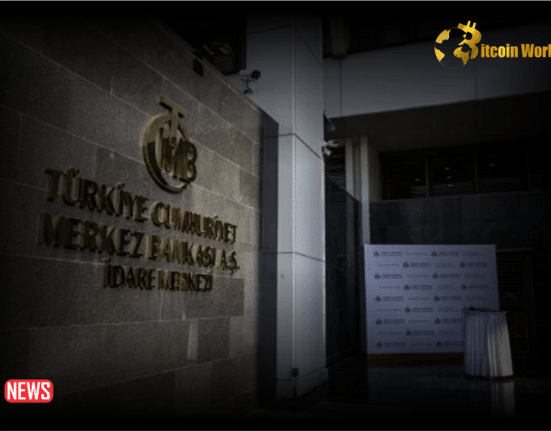When it comes to the introduction of the new project by the Reserve Bank of Zimbabwe in April, one can’t help but notice the innovative approach they’ve taken. They’ve linked each digital token they issue to a tangible reserve of gold securely held within the bank’s vaults.
Fast forward to October 5th, and the official launch of the gold-backed digital token named Zimbabwe Gold (ZiG) as a payment method was announced by none other than the Reserve Bank of Zimbabwe (RBZ) itself.
What’s truly remarkable about this initiative is that it’s been in the works since April 2023, and it has consistently emphasized the backing of every digital token with a physical store of gold. This concept was initiated by the RBZ in 2022 when they started issuing tokens backed by actual gold, and their success in this venture is truly commendable.
The underlying mission of both the physical coins and the newly unveiled ZiG is to encourage local investors to divert their funds into national assets rather than relying on the United States dollar. In a nation plagued by triple-digit inflation, this is a challenging feat. RBZ Governor John Mangudya explained this mission in clear terms, stating:
“The issuance of gold-backed digital tokens aims to diversify the range of value-preserving instruments available in the economy. It seeks to enhance the divisibility of investment instruments, broaden their accessibility, and encourage their use among the general public.”
These digital tokens can be stored in e-gold wallets or on e-gold cards, offering versatility for both peer-to-peer and business transactions.
The RBZ has reported several price levels for ZiG, dependent on the weight of its gold reserve. As a result, one can purchase 1 ounce of ZiG for $1,910 or 0.1 ounce for $191. As of September 28, investors have already purchased an astounding equivalent of 17.65 kilograms (kgs) of ZiG, using a combination of Zimbabwean and U.S. dollars. The total quantity of ZiG sold, spanning multiple rounds of digital token sales, now stands at an impressive 350 kilograms of gold.
Zimbabwe’s economic history is marred by currency instability and persistent inflation for over a decade. In 2009, the country adopted the U.S. dollar as its official currency in response to hyperinflation, which had rendered the local currency virtually worthless. In a bid to rejuvenate the domestic economy, Zimbabwe reintroduced its own currency in 2019. However, this move was followed by a resurgence of currency volatility.














